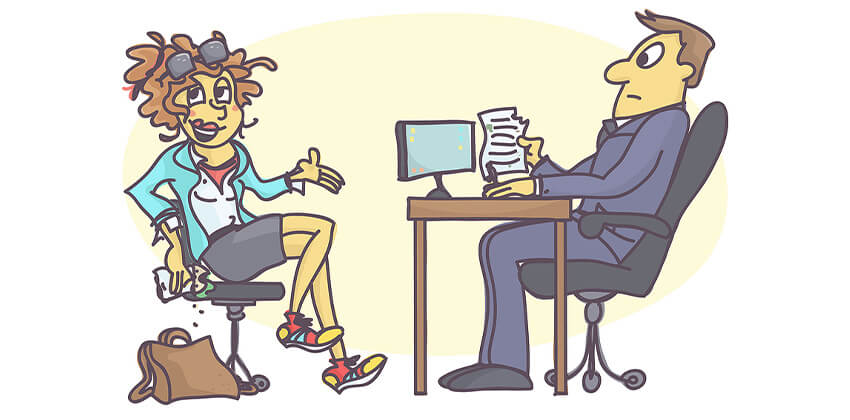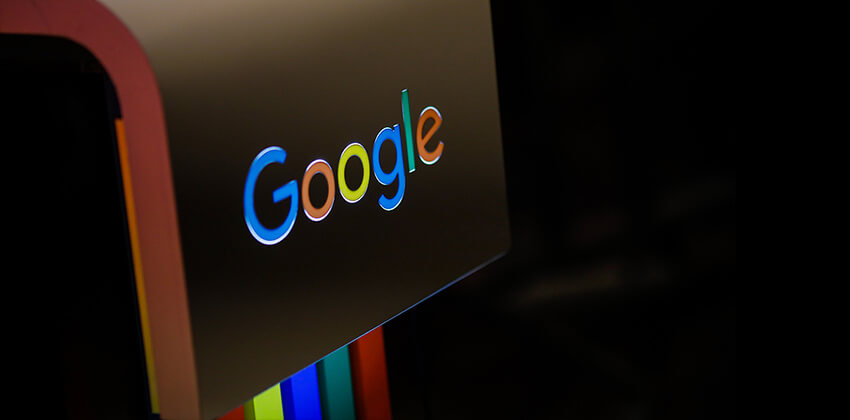
You’re convinced that the interview went extremely well. You remembered to turn on the charm, turn off your cellphone, give a firm handshake, and make good eye contact.
Your resume is sensational, and you fielded questions about your experience with aplomb. Excellent! You breeze out of the office confident that the job is yours…
But, then it isn’t.
A post-mortem of the interview reveals that while you were turning on that winning smile and explaining where you see yourself in five years, you were also making 6 Fatal Interview Flubs:
1. Seeming disinterested.
This can be an immediate opportunity killer. If you aren’t interested in them, they certainly aren’t interested in you.
A blasé attitude has the interviewer thinking you’re not taking the interview seriously. It’s an interview not a funeral, but you must delicately balance formality with easy-going confidence.
You want to be at ease and still show the interviewer that you’re taking this opportunity seriously.
Demonstrate your interest in the job and the employer by being well-prepared. Know the job and what the company does.
Have good questions ready to ask about the job that demonstrate your interest. [Read the 70+ Good Questions to Ask in Interviews for ideas.]
2. Dressing inappropriately.
Your attire leans more on the “casual” side of “business casual.” First impressions are based largely on appearance. You want to project the professional that you are. Remember the old saying, “Dress for the job you want, not the job you have.”
[For details, read Dress for (Interview) Success.]
Advertisement
3. Assuming your resume and LinkedIn Profile explain everything.
When you get to the interview, don’t expect that your resume and LinkedIn Profile will have answered all the questions about why you can succeed at the job. Many people don’t understand that they have to draw a picture for the interviewer.
While it might be readily apparent to YOU why you’re the best choice, it might not be so apparent to the interviewer. TELL them why, and back it up with examples and statistics whenever possible.
4. Talking too much.
You explained every aspect of your experience. In detail. At length. For the ENTIRE interview. You definitely want to get across that you’re the right candidate for the job, but you don’t want to dominate the conversation.
Listening is just as important as speaking.
5. Asking inappropriate questions.
You jumped right into the discussion on salary, bonuses, raise schedules… Pay is a big factor in whether or not you take a job, but focusing too much on the money is a red-flag to the interviewer. That’s for later in the process, when they make you an offer. NOT for your first interviews.
Concentrate on showing them how much value you’re going to bring to the organization, not how much money you want in return.
[Read 45 Questions You Should NOT Ask in a Job Interview for examples.]
6. Trashing your last employer.
You didn’t mince words when talking about your last boss. Sure, your boss might’ve been a jerk, but your interviewer doesn’t want to hear that. Trash-talking your last boss will make the interviewer question if you’re going to be a positive influence in company environment or someone who operates under a cloud of negativity.
More About Job Interviews
- Answering: What Is Your Greatest Weakness?
- Answering: Tell Me About Yourself
- Answering: Why Do You Want to Work Here?
- Answering: Why Should We Hire You?
- Answering: Do You Have Any Questions?
- Answering: What Do You Know About Us?
- 30 Bad Answers to Job Interview Questions
- Guide to Successful Job Interviews — more articles to help you succeed at job interviewing
About the author…
Michelle Yozzo Drake is the author of the book, “From the Kitchen to the Corner Office: Uncovering Mom’s Leadership Secrets.”.
Don't forget to share this article with friends!




